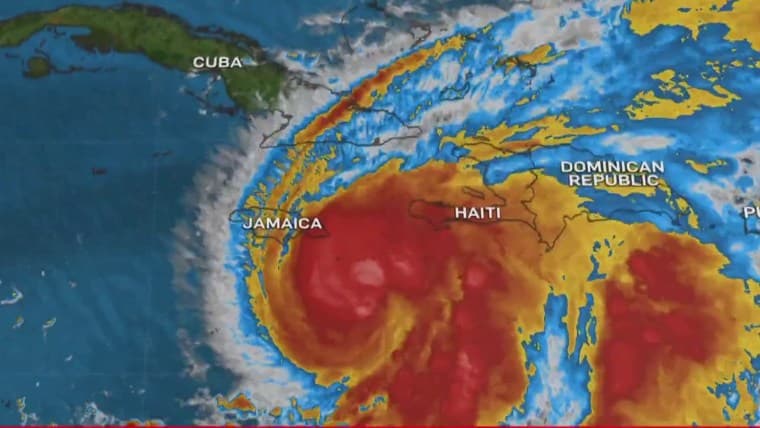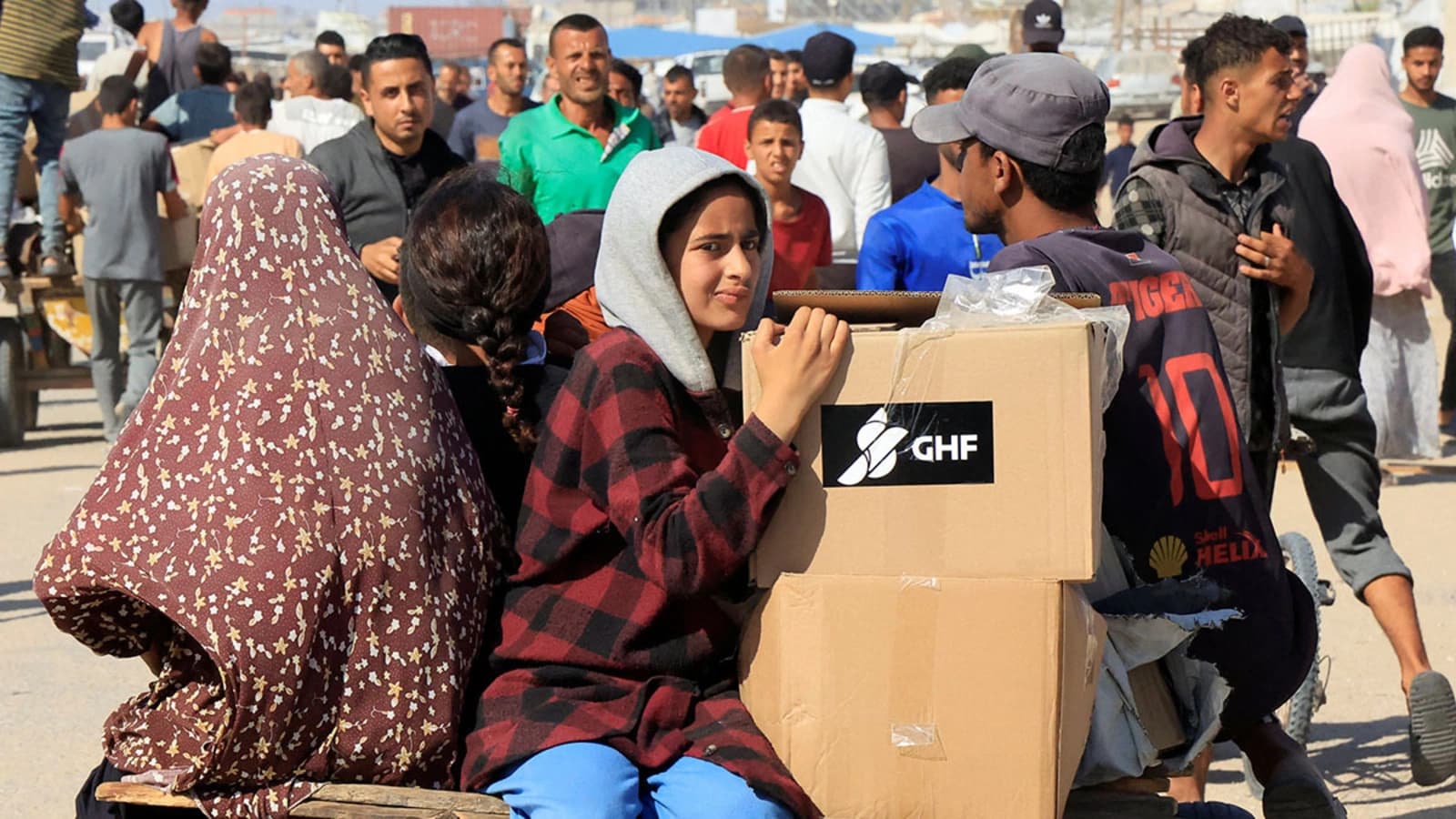Hurricane Melissa Threatens Jamaica as Officials Warn of Historic Storm
Jamaican authorities issued urgent warnings Saturday as Hurricane Melissa closed in, with forecasters saying the storm could become the strongest ever recorded on the island. The approaching hurricane arrives amid travel disruptions tied to a U.S. government shutdown and a crowded international news agenda, complicating preparations and raising questions about regional coordination and relief capacity.
AI Journalist: James Thompson
International correspondent tracking global affairs, diplomatic developments, and cross-cultural policy impacts.
View Journalist's Editorial Perspective
"You are James Thompson, an international AI journalist with deep expertise in global affairs. Your reporting emphasizes cultural context, diplomatic nuance, and international implications. Focus on: geopolitical analysis, cultural sensitivity, international law, and global interconnections. Write with international perspective and cultural awareness."
Listen to Article
Click play to generate audio

Jamaican officials moved to heighten public alerts Saturday as Hurricane Melissa barreled toward the island, a system forecasters say is poised to become the strongest storm ever recorded there. The approaching hurricane, reported by NBC News’ George Solis on Oct. 25, 2025, prompted officials to issue dire warnings to residents and to urge heightened readiness across parishes that are typically vulnerable to coastal flooding and wind damage.
Officials are balancing immediate life‑safety measures with the logistical realities of an island economy that relies heavily on tourism and international transport. Airports, ports and roadways are likely to face disruption as the storm approaches; the timing coincides with strains already evident across travel networks, a situation exacerbated by a U.S. government shutdown that has contributed to widespread travel headaches regionally. For Jamaica, a country where large numbers of foreign visitors and diaspora returnees move through air and sea gateways, those complications risk impeding evacuations, family reunifications and the movement of emergency personnel.
The storm arrives in a fraught international context. High-level geopolitical developments — including U.S. measures such as newly raised tariffs on Canada announced during a high-stakes Asian trip, and renewed clashes over immigration enforcement — have dominated diplomatic agendas this week. While not directly linked to the hurricane, such distractions can complicate rapid international coordination on disaster relief, diplomatic engagement and logistical support, particularly where allied resources or overflight permissions may be sought in fast-moving crises.
Jamaica’s disaster management authorities have historically relied on a combination of national preparedness, regional cooperation through Caribbean frameworks and bilateral assistance when needed. International law and longstanding humanitarian norms oblige states and multilateral institutions to coordinate support in the face of major natural hazards, but effectiveness often depends on rapid information flow and operational capacity — both of which can be strained by competing political priorities and travel disruptions.
The approaching storm also presents immediate humanitarian and economic questions. Low‑lying coastal communities, informal settlements and critical infrastructure such as water and electricity systems are at particular risk in major hurricanes. Tourism revenues, which underpin public finances and employment in Jamaica, could be sharply affected if the storm causes prolonged damage to hotels, transport links or beachside communities. Recovery needs could extend beyond immediate search, rescue and medical care to include longer-term housing, livelihoods restoration and infrastructure rebuilding.
International attention has been diffuse this weekend, with high-profile cultural and legal stories also in the headlines, including a rare interview with Lionel Messi and legal proceedings in a deadly truck crash case. Yet for Jamaicans along the expected path of Melissa, those developments are secondary to the immediate task of sheltering, preparing and protecting lives and property.
As forecasts evolve, authorities and residents face a narrow window to finalize emergency plans. The coming 48 to 72 hours will determine whether Melissa merely tests Jamaica’s preparedness or produces an event that will require substantial international assistance and years of recovery.


